The Role of IoT in mobile app development
The Internet of Things (IoT) is revolutionizing industries across the globe, and mobile app development is no exception. For mobile app developers , understanding and leveraging IoT technology has become crucial as connected devices reshape user expectations and expand the horizons of app functionality. This article delves into the transformative role of IoT in mobile app development, highlighting the opportunities and challenges it brings to the industry.
Enhanced Connectivity and User Experiences
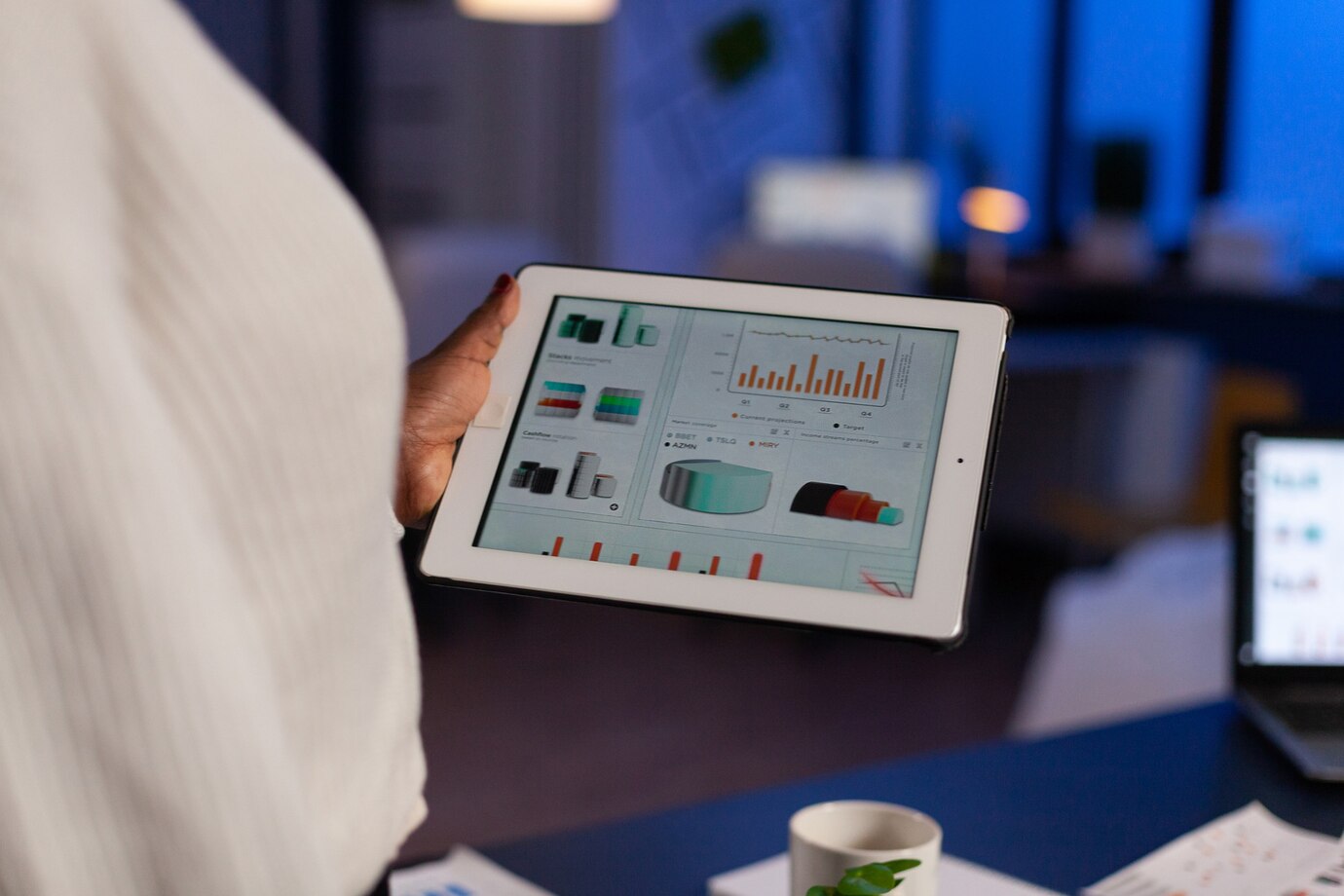
IoT integrates physical devices with the internet, enabling seamless communication between them. For mobile app developers , this connectivity creates opportunities to craft innovative and personalized user experiences. For instance, smart home applications allow users to control their lights, thermostats, and security systems directly from their smartphones. Similarly, fitness apps leverage IoT-enabled wearables to provide real-time health insights, enhancing user engagement and satisfaction.
The ability to integrate multiple devices into a cohesive ecosystem means that mobile apps can serve as central hubs for managing IoT networks. This creates a higher demand for intuitive interfaces and real-time synchronization, pushing developers to rethink traditional app design and functionality.
Increased Demand for Interoperability
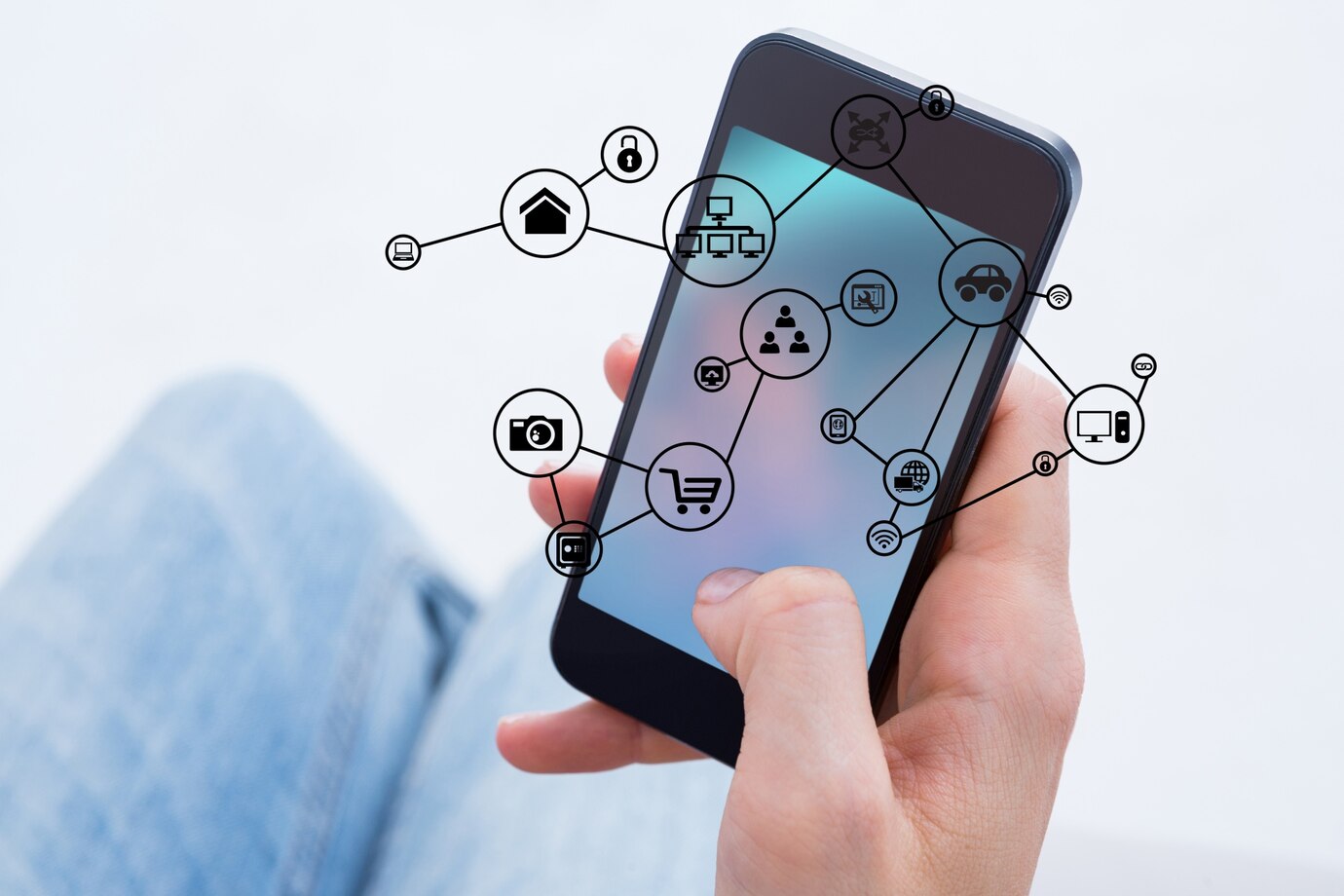
As the IoT ecosystem grows, interoperability becomes a significant consideration for mobile app developers . Devices from different manufacturers must communicate seamlessly, and apps need to support multiple platforms and protocols. This requirement calls for developers to adopt frameworks and APIs that ensure compatibility with various IoT standards.
Moreover, developers must focus on scalability to accommodate the growing number of devices connected to IoT networks. Building apps that can integrate with existing systems while remaining adaptable to future technologies is key to staying relevant in this rapidly evolving field.
Data Management and Analytics

IoT generates vast amounts of data, which mobile apps must process and analyze to provide value to users. For mobile app developers , this involves integrating robust data analytics capabilities into their applications. By harnessing IoT data, developers can offer actionable insights, predictive analytics, and personalized recommendations, thereby enhancing app functionality and user satisfaction.
However, managing IoT data also presents challenges, such as ensuring data accuracy, minimizing latency, and maintaining efficient storage solutions. Developers must work closely with cloud platforms and edge computing technologies to optimize data management and ensure seamless app performance.
Prioritizing Security and Privacy
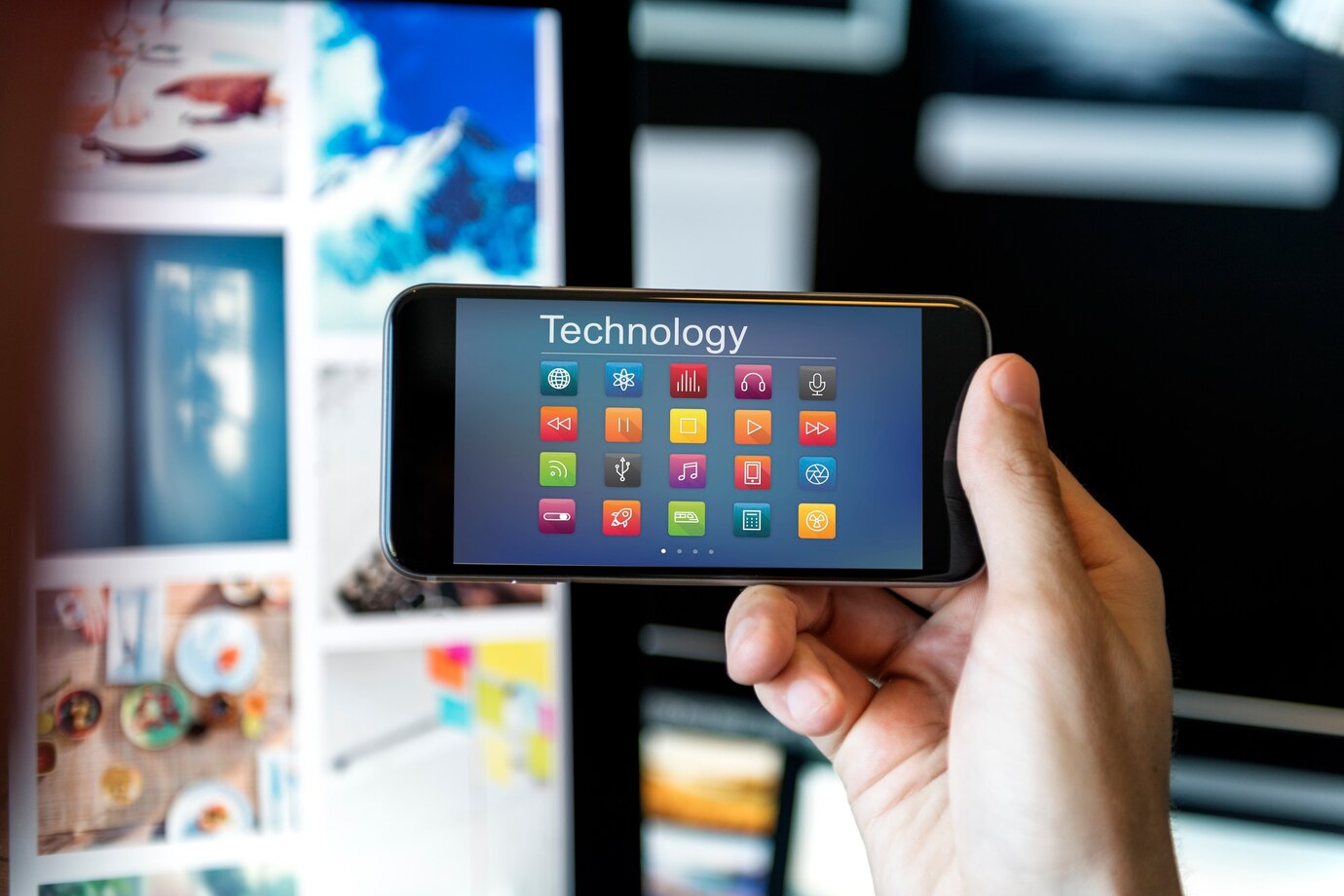
The interconnected nature of IoT devices introduces significant security and privacy concerns. Mobile app developers must implement stringent security measures to protect sensitive user data from breaches and unauthorized access. This includes adopting secure authentication protocols, encrypting data transmissions, and regularly updating apps to address potential vulnerabilities.
Privacy is another critical aspect, as IoT apps often handle personal and sensitive information. Developers must comply with data protection regulations and ensure transparent data usage policies to build user trust. Addressing these concerns proactively not only enhances app credibility but also safeguards against potential legal and reputational risks.
Driving Innovation in App Development
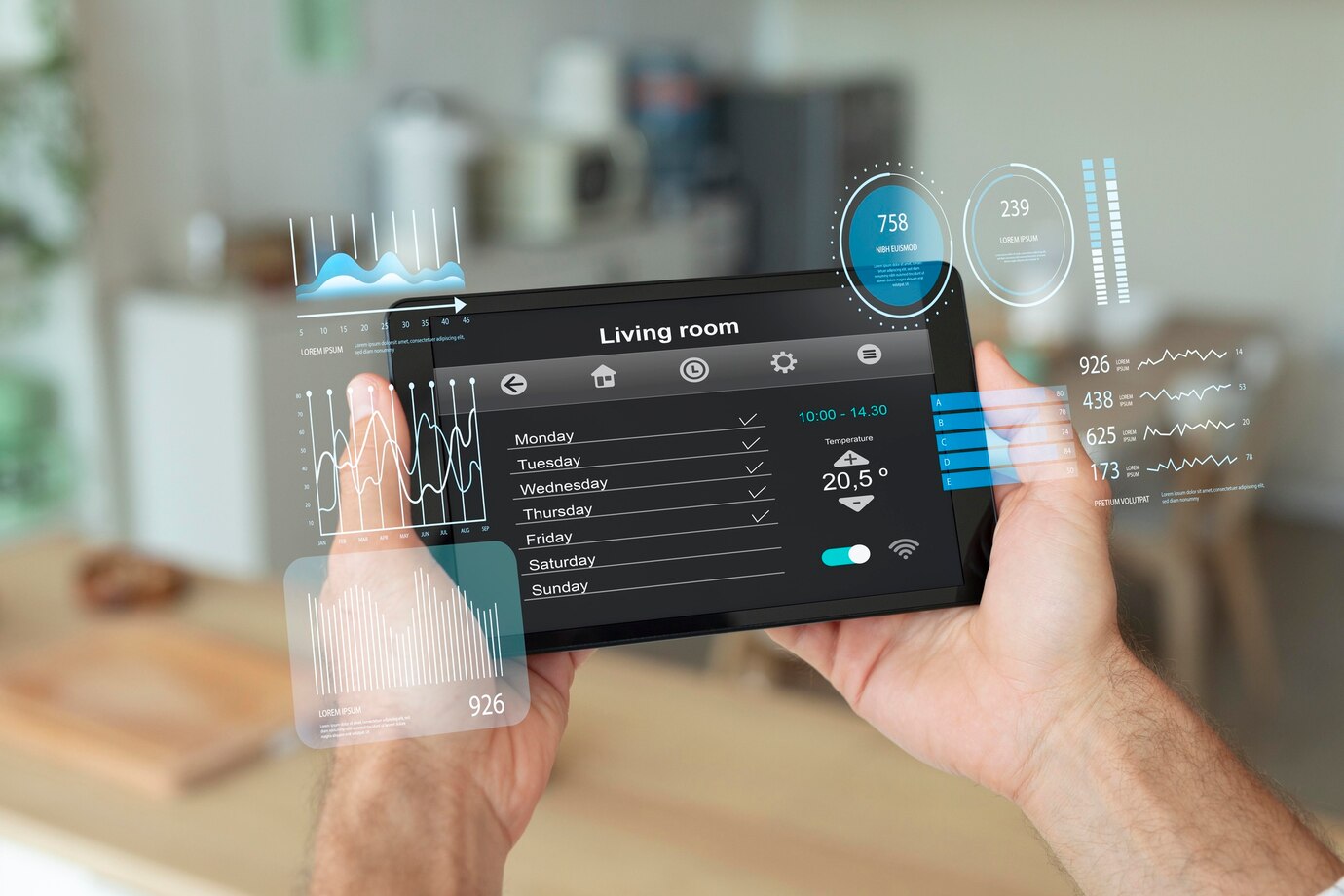
IoT is a catalyst for innovation in mobile app development, inspiring developers to explore new possibilities and create cutting-edge applications. From smart cities to connected healthcare, IoT opens doors to diverse industries, allowing mobile app developers to venture into uncharted territories.
For example, apps for connected vehicles provide drivers with real-time navigation, vehicle diagnostics, and entertainment options. In agriculture, IoT-enabled apps help farmers monitor soil conditions, optimize irrigation, and increase crop yields. These advancements illustrate the transformative impact of IoT on app development and its potential to address real-world challenges.
Challenges for Mobile App Developers

While IoT offers immense opportunities, it also presents unique challenges for mobile app developers . The complexity of IoT networks demands a deep understanding of hardware-software integration and network protocols. Developers must also navigate issues such as power consumption, device compatibility, and connectivity stability.
Additionally, testing IoT apps requires simulating diverse environments and scenarios to ensure reliability across various devices and conditions. This adds to the development time and cost, making it essential for developers to adopt efficient testing methodologies and tools.
The Future of IoT in mobile app development
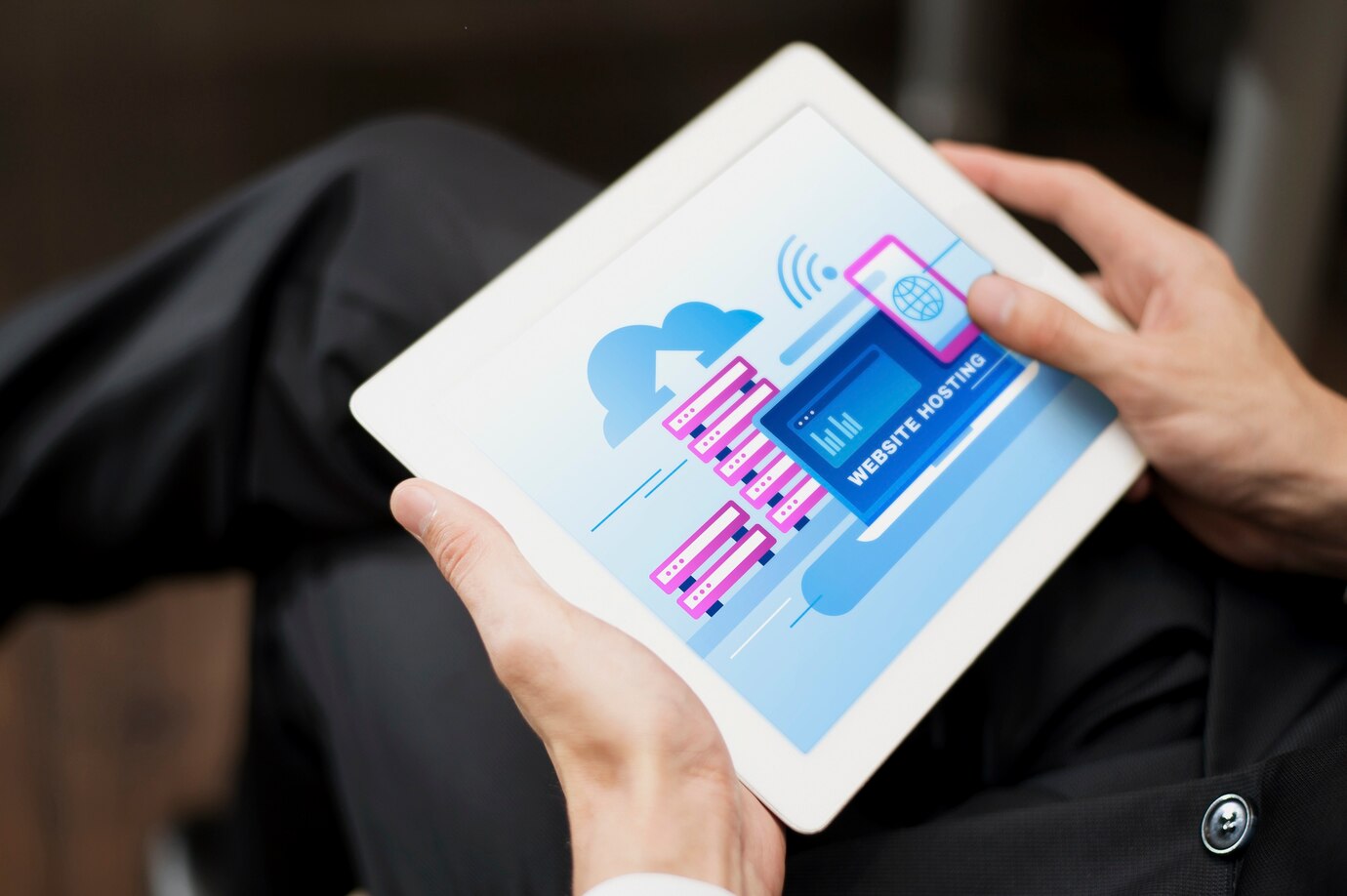
As IoT continues to evolve, its integration with mobile app development will become even more profound. Emerging technologies such as 5G, artificial intelligence (AI), and machine learning (ML) are poised to enhance IoT capabilities, enabling more sophisticated and intelligent apps. For mobile app developers , staying ahead of these trends is crucial to remaining competitive in a dynamic market.
Moreover, the proliferation of IoT devices will drive demand for apps that cater to niche markets and specialized use cases. This underscores the importance of continuous learning and adaptability for developers aiming to leverage IoT effectively.
Conclusion
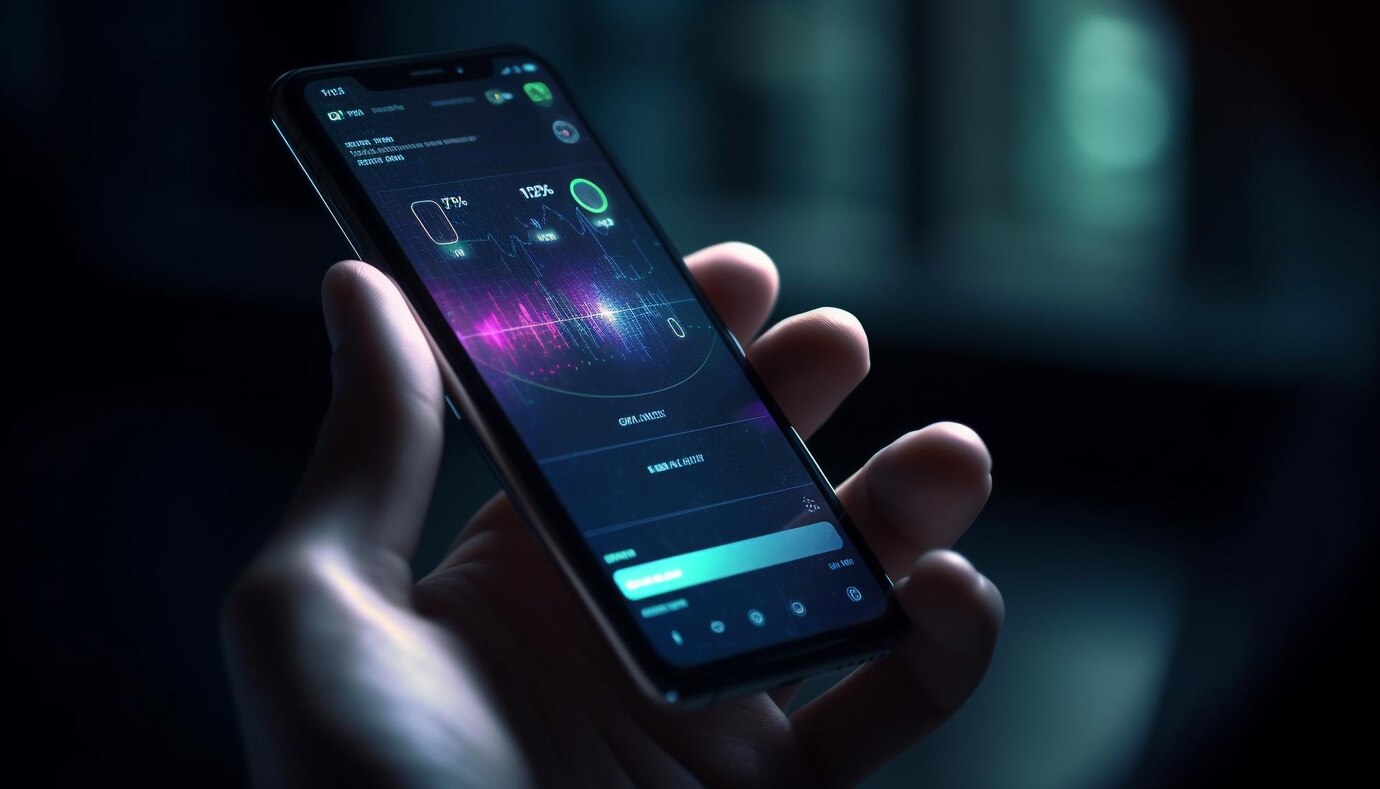
The role of IoT in mobile app development is transformative, offering both opportunities and challenges for developers. By embracing IoT technology, mobile app developers can create innovative, connected solutions that redefine user experiences and drive industry growth. However, success in this domain requires a proactive approach to interoperability, security, and data management, along with a commitment to innovation and continuous learning. As IoT continues to expand its influence, mobile app developers have the unique opportunity to shape the future of connectivity and digital interaction.






